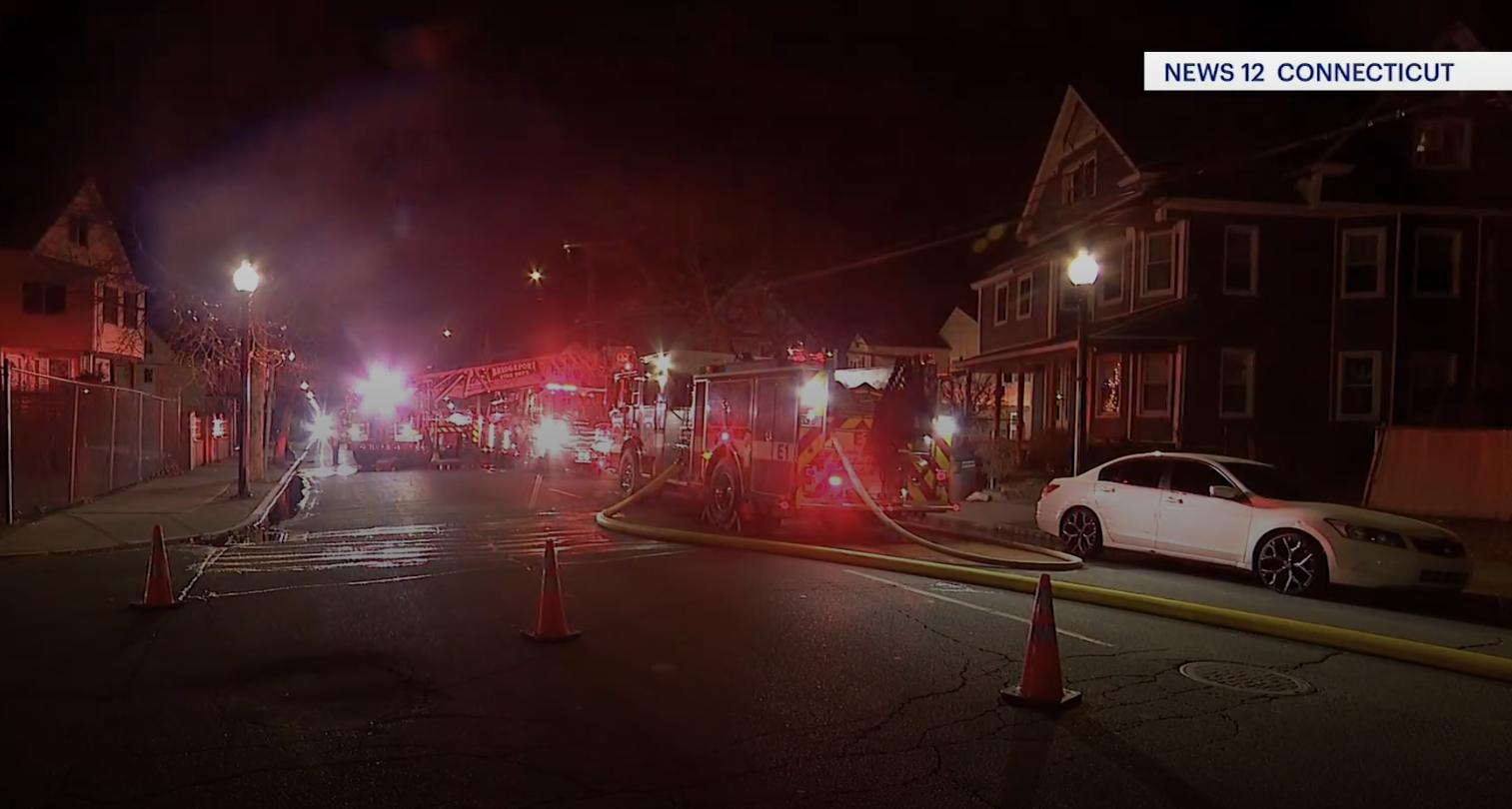Almost ten months after the COVID-19 pandemic swept the U.S., we’re on the verge of having two vaccines available to fight off the virus.
“It is a dark tunnel and there is certain light at the end of it,” said Saad Omer, Director of Yale Institute for Global Health.
Omer says although it was made quickly, there shouldn’t be concerns about how fast the vaccine got here.
“The process while sped up, all the critical steps -- actually more than critical -- all the regular steps, were followed,” said Omer.
He adds emergency use doesn’t mean emergency development. In fact, the technology in both the Moderna and Pfizer vaccines has been around for ten years. It’s called m-RNA.
“m-RNA is simply a piece of strand of genetic material, versus a whole virus that’s weakened,” said Kagya Amoako, Ph.D., assistant professor of biomedical engineering at the University of New Haven.
Amoako says there is no COVID-19 virus in the vaccine. It’s just a piece of the cell that activates your immune system to make antibodies.
Local
“There is no way that you’re going to get COVID from the m-RNA piece of material delivered into your body.”
What about delivery to the public? Amoako says logistics for the Pfizer vaccine were streamlined.
“In prior years or vaccines, they’d finish the science completely before the logistics were looked at,” said Amoako.
The clinical trial will continue for two years to study the 44,000 people who got the vaccine. One thing they’re watching is to pinpoint how long the vaccine protection lasts in the body -- something that’s still unknown.
“At the very worst we have to maybe get this vaccine every year just like we do for the influenza, vaccine then it’s great.”
Between the two vaccines, some health experts say the freezer requirements for Moderna may make it more favorable to local municipalities.
“If you have even a minus 20-degree Celsius vaccine, which is the Moderna vaccine, what it does is that you are able to go out a little bit more closer to the communities closer to where you can vaccinate people,” said Omer.
Although two vaccines will increase vaccination capabilities, Omer warns we still have to get to mass vaccinations, so following health guidelines now is critical.
“We’re almost there. Do it well, do it properly, do it aggressively,” said Omer. “Keep your distance, wear your mask when you’re indoors, don’t go into congregate settings.”
He added a little sacrifice now could save lives of those who are so close to getting vaccinated.
“The mortality is on average more than 9/11 every day,” said Omer. “We have a real chance to get out of this mess.”



